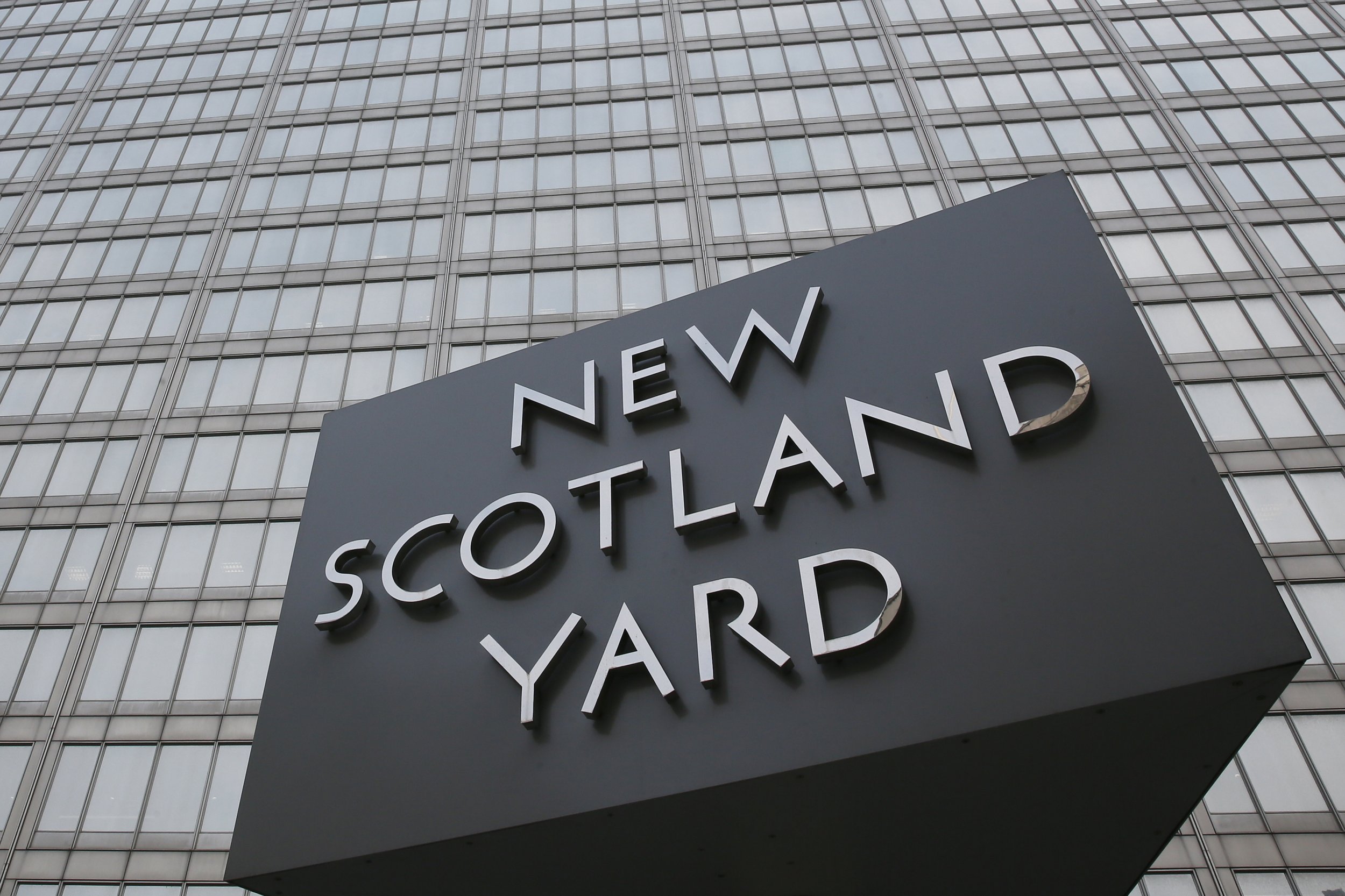
Updated | Campaigners against controversial undercover policing tactics have urged an inquiry to disclose the names of officers who assumed false identities, or otherwise infiltrated the lives of activists and justice campaigners.
Announced by British Home Secretary Theresa May in 2014, the inquiry will investigate undercover policing in England and Wales from 1968 onwards. May's announcement followed several high-profile revelations about secretive surveillance operations conducted on activists, including by the now-defunct Special Demonstration Squad (SDS) of London's Metropolitan police.
Speaking on Sunday at a conference co-organized by The Monitoring Group and the Centre for Crime and Justice Studies, three speakers with experience of confirmed or alleged police spying said the inquiry should disclose names of officers. Their call comes ahead of a crucial decision, scheduled for May 3, which will help decide how much of the inquiry is to be held in public.
Helen Steel, a climate and social justice activist who discovered that a man she had a two-year relationship with in the 1990s had been an undercover SDS police officer, said transparency was crucial to prevent future abuses.
"I think the starting point has to be that all the cover names have to be released," she said, "Without them, there is no way of people coming forwards to give their experiences of how these undercover officers were infiltrating groups that they were involved in.
"But beyond that, there is also justification for releasing the real names of some of these officers particularly where they have gone on to either command other units… or where they have gone on to become high-profile academics."
Steel recently discovered that the former officer who spied on her now works in Australia directing police training courses. "These abusive methods... may now be being exported to other countries around the world, and we need to make sure that that doesn't happen," she said.
"I don't see how the public inquiry can get to the truth of what has been going on and prevent it happening again unless those names are released."
Sukhdev Reel says she was spied on by police while campaigning for a better investigation into the murder of her son, Ricky, who died in 1997 after he and a group of friends had been racially abused on a night out. "We need to know the names of the police officers who spied on our families," she said, "and also we need to be shown the photographs and able to question them."
Speaking to the BBC in 2014, Reel said that an officer conducting an internal investigation into police spying admitted intelligence had been gathered on her in 1998 and 1999.
Janet Adler, whose brother Christopher died in police custody in 1998, and who says she was subsequently surveilled by police, said: "The only way we're going to get accountability is when names are mentioned, when we know… who authorized this." Adler's case was investigated by the Independent Police Complaints Commission (IPCC), which is considering whether any officers breached disciplinary codes.
A spokesperson for the inquiry tells Newsweek via email: "Once this ruling [on May 3] has been issued the Inquiry will start to progress the applications for restriction orders that it has received to date.
"It is at this stage that the issue of whether a police officer's real or assumed identity may be withheld will be determined."
This article originally stated the conference was organized by the Centre for Crime and Justice Studies. It was in fact co-organized by this group and The Monitoring Group, and the story has been amended to reflect this.
Uncommon Knowledge
Newsweek is committed to challenging conventional wisdom and finding connections in the search for common ground.
Newsweek is committed to challenging conventional wisdom and finding connections in the search for common ground.
About the writer
Josh is a staff writer covering Europe, including politics, policy, immigration and more.
To read how Newsweek uses AI as a newsroom tool, Click here.








